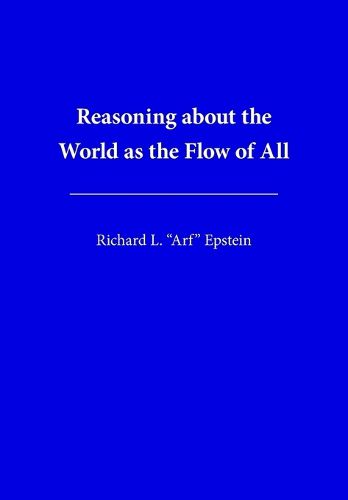Readings Newsletter
Become a Readings Member to make your shopping experience even easier.
Sign in or sign up for free!
You’re not far away from qualifying for FREE standard shipping within Australia
You’ve qualified for FREE standard shipping within Australia
The cart is loading…






This title is printed to order. This book may have been self-published. If so, we cannot guarantee the quality of the content. In the main most books will have gone through the editing process however some may not. We therefore suggest that you be aware of this before ordering this book. If in doubt check either the author or publisher’s details as we are unable to accept any returns unless they are faulty. Please contact us if you have any questions.
This is an attempt to give a systematic analysis of how to reason that is not tied to our European languages, to step out of our language conceptions and habits. Consider then this work as a bridge, a chance for us as speakers of languages that focus primarily on the world as made up of things to begin to see the richness and complexity of encountering the world as the flow of all, the one and not many. The contrasts, often unsettling, can lead us to understand better how we encounter and reason about the world as made up of things.
$9.00 standard shipping within Australia
FREE standard shipping within Australia for orders over $100.00
Express & International shipping calculated at checkout
This title is printed to order. This book may have been self-published. If so, we cannot guarantee the quality of the content. In the main most books will have gone through the editing process however some may not. We therefore suggest that you be aware of this before ordering this book. If in doubt check either the author or publisher’s details as we are unable to accept any returns unless they are faulty. Please contact us if you have any questions.
This is an attempt to give a systematic analysis of how to reason that is not tied to our European languages, to step out of our language conceptions and habits. Consider then this work as a bridge, a chance for us as speakers of languages that focus primarily on the world as made up of things to begin to see the richness and complexity of encountering the world as the flow of all, the one and not many. The contrasts, often unsettling, can lead us to understand better how we encounter and reason about the world as made up of things.